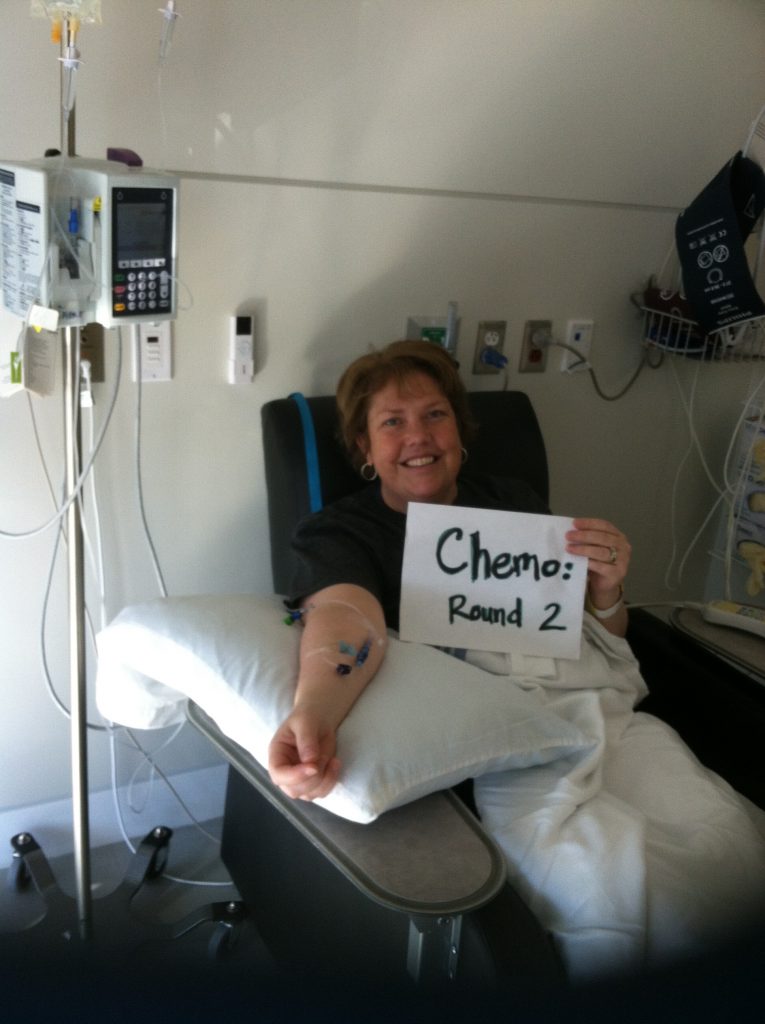As a hospital chaplain, I often encounter people on the worst days of their lives. As I sit with people receiving difficult diagnoses or needing to make challenging decisions, I am often asked, “Why is this happening?”
After years of being present with people through sudden deaths, extreme physical pain, or unimaginable trauma, I have yet to have an answer to the question of why.
When life feels so illogical, it is logical to want a reason or explanation. When the world around us feels anything but clear and simple, any sense of clarity is desired. I get it.
A couple of months ago, I was diagnosed with leukemia. Seven years ago, I battled leukemia and after chemotherapy, fortunately entered remission. My doctors told me that my leukemia was not curable but treatable, so the chances of recurrence was extremely high. Most people experience recurrence within one to five years, but I was told, if I pass the five-year mark, my chances of experiencing a longer remission (10-20 years) is very high. When I reached my five-year anniversary of being cancer-free, I had a party, with a cake shaped in the number “5.”
So when my leukemia returned a few months ago, seven years after remission, I was shocked. In fact, I was even more shocked and angry than when I initially was diagnosed. I thought I had beaten the odds. This was not what I expected. My anger manifested into depression and bitterness to the world around me. It was not fair.

I processed my anger and grief with close friends and a counselor. For years, I sat with people as they processed their traumas and disappointments, asking, “Why is this happening to me?” Now I was the one asking the question. Of course, no one had any answer. Nor should they. I am grateful no one said, “Everything happens for a reason,” because that is not true. Sometimes awful things happen, and there is no reason.
Eventually I asked the question differently, “Why should this not be happening to me?”
Eventually I asked the question differently, “Why should this not be happening to me?” Why did I think I was any more special than anyone else? Sometimes things happen that we have no control over. No matter how well we live or pray or how many casseroles we take to our elderly neighbors, life can throw us a huge curve ball combined with a sucker punch. We don’t need to be happy and upbeat when bad things happen, nor do we have to figure out the “why”.
I began thinking about other things in my life. I didn’t ignore my leukemia, but I realized I never asked why something is happening to me when things were going well – like when my leukemia went into remission seven years earlier, before all my chemo treatments were completed, or when we sold our house, the buyers offered to pay us $25,000 more than asking. I didn’t ask why either of those times, but I celebrated and gave thanks.
Is it possible to not ask why with bad things in the same way I don’t ask why with good? Am I able to honor both? Am I able to say that I am no better or worse than another person, but that my life circumstances are different?
How I accept and strive forward with those circumstances is what makes the difference. Now I spend time asking what am I going to do about this rather than asking why is this happening. Suddenly, the question now gives me an opportunity to give an answer, rather than saying, “I don’t know.”
Now I know.
The opinions expressed in articles posted on Mosaic’s website are those of the author and may not reflect the official policy of Mosaic Conference. Mosaic is a large conference, crossing ethnicities, geographies, generations, theologies, and politics. Each person can only speak for themselves; no one can represent “the conference.” May God give us the grace to hear what the Spirit is speaking to us through people with whom we disagree and the humility and courage to love one another even when those disagreements can’t be bridged.
